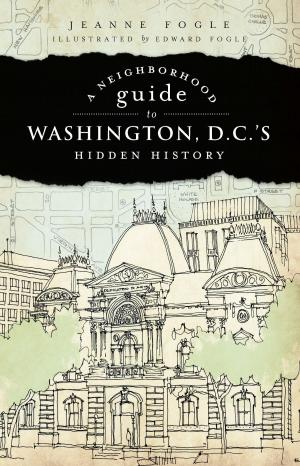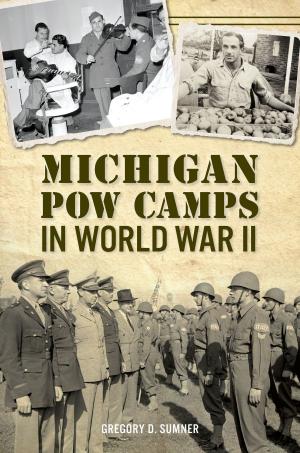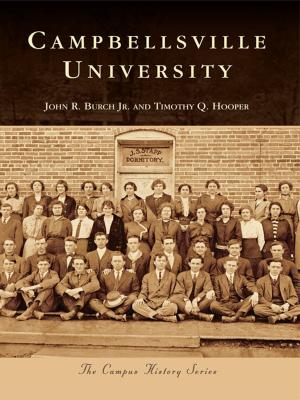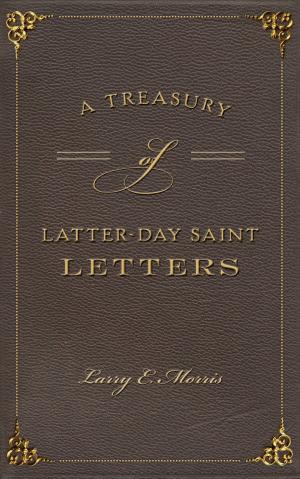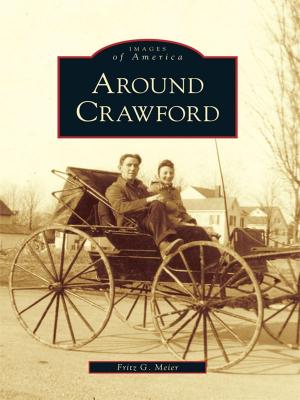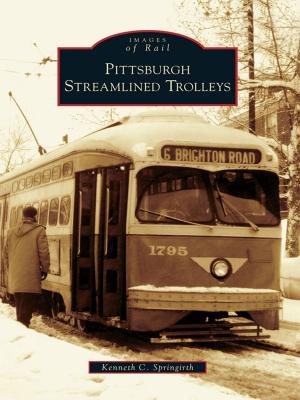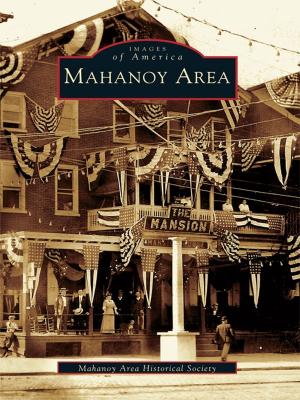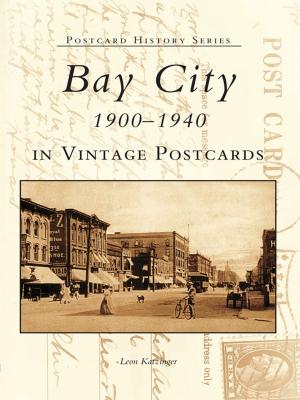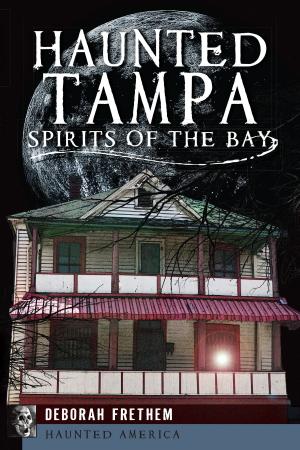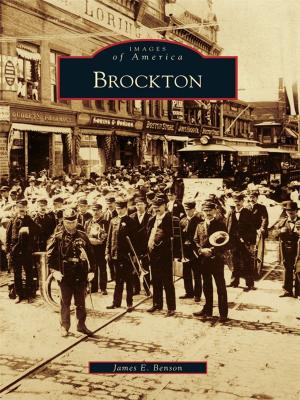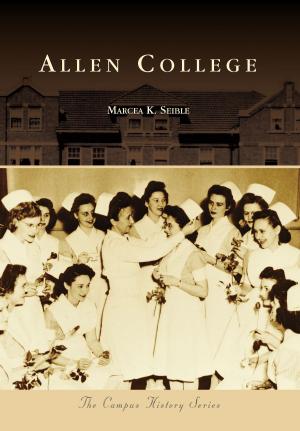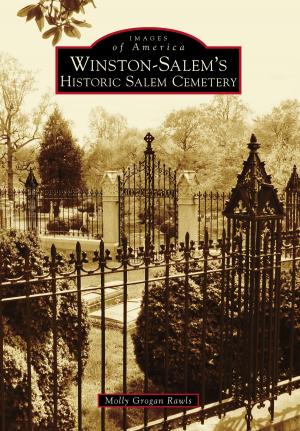Early Massillon and Lost Kendal
Nonfiction, Art & Architecture, Photography, Pictorials, Travel, History| Author: | Mandy Altimus Pond | ISBN: | 9781439661918 |
| Publisher: | Arcadia Publishing Inc. | Publication: | August 21, 2017 |
| Imprint: | Arcadia Publishing | Language: | English |
| Author: | Mandy Altimus Pond |
| ISBN: | 9781439661918 |
| Publisher: | Arcadia Publishing Inc. |
| Publication: | August 21, 2017 |
| Imprint: | Arcadia Publishing |
| Language: | English |
Before Massillon, there was Kendal, Ohio. The story of these communities is a tapestry of local, national, and international history. Referencing new archival discoveries in the Massillon Museum, Spring Hill Historic Home, and Massillon Public Library collections, this book tells stories of early Kendal and Massillon, shedding light on the Ohio frontier and its pioneers from 1812 to 1860. Kendal was founded in 1812 by Thomas and Charity Rotch, prominent Quakers from powerful New England whaling families. Kendal became an Owenite utopian socialistic community between 1826 and 1829, visited by Robert Owen himself. In 1826, James Duncan founded Massillon, bordering the Tuscarawas River, the boundary between the United States and Indian Territory. Massillon attracted inventors such as photographic pioneer Abel Fletcher, who invented the paper negative in his South Erie Street studio. Both Kendal and Massillon were hubs for Underground Railroad activities.
Before Massillon, there was Kendal, Ohio. The story of these communities is a tapestry of local, national, and international history. Referencing new archival discoveries in the Massillon Museum, Spring Hill Historic Home, and Massillon Public Library collections, this book tells stories of early Kendal and Massillon, shedding light on the Ohio frontier and its pioneers from 1812 to 1860. Kendal was founded in 1812 by Thomas and Charity Rotch, prominent Quakers from powerful New England whaling families. Kendal became an Owenite utopian socialistic community between 1826 and 1829, visited by Robert Owen himself. In 1826, James Duncan founded Massillon, bordering the Tuscarawas River, the boundary between the United States and Indian Territory. Massillon attracted inventors such as photographic pioneer Abel Fletcher, who invented the paper negative in his South Erie Street studio. Both Kendal and Massillon were hubs for Underground Railroad activities.

